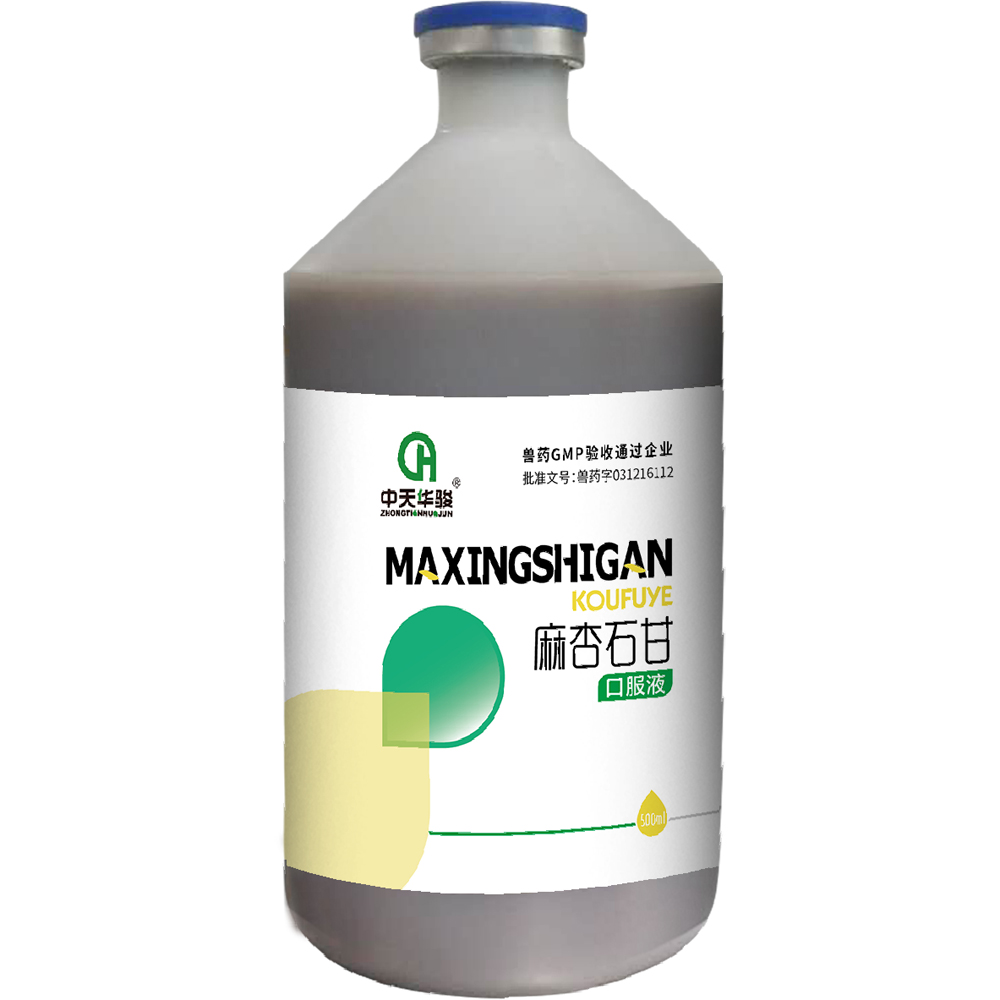
अक्टूबर . 05, 2024 18:50 Back to list
custom coccidiosis in chickens
Custom Coccidiosis in Chickens Understanding and Management
Coccidiosis is a common yet significant parasitic disease in chickens, primarily caused by protozoa of the genus Eimeria. These parasites inhabit the intestinal tract of poultry, leading to poor health, decreased growth rates, and substantial economic losses in the poultry industry. Proper understanding and management of coccidiosis are essential for maintaining healthy flocks and optimizing production.
Understanding Coccidiosis
Coccidiosis manifests primarily in young birds, often under six months of age. The disease is highly contagious and can spread rapidly in environments where chickens are housed closely together. In particular, the warm, moist conditions found in poultry housing facilitate the proliferation of Eimeria oocysts, the hardy eggs of the parasite. Chickens become infected through ingestion of these oocysts, which then develop into adult parasites in the gut.
Coccidiosis can lead to diarrhea, weight loss, lack of appetite, and, in severe cases, death. The strain of Eimeria species affecting chickens can vary, with Eimeria tenella being one of the most pathogenic. The impact of the disease is influenced by factors such as age, immune status, and overall management practices of the flock.
Signs and Symptoms
The clinical signs of coccidiosis can range from mild to severe. Affected birds may exhibit
- Diarrhea The most noticeable symptom, which may be bloody or watery. - Weight loss Infected chickens often experience substantial weight loss and reduced growth rates. - Reduced egg production In layers, coccidiosis can lead to a decrease in egg production. - Depression and lethargy Infected birds may have a hunched posture and appear less active than healthy birds. - Death In severe cases, especially in young birds, coccidiosis can be fatal.
Risk Factors and Prevention
custom coccidiosis in chickens

Several factors can increase the likelihood of coccidiosis outbreaks
- Overcrowding High stocking densities can facilitate the rapid spread of oocysts. - Poor sanitation Inadequate cleaning of housing can lead to the accumulation of infectious agents. - Stress Birds under stress (from transport or environmental changes) are more susceptible to infections. - Immune status Young chicks lack fully developed immune systems, making them more vulnerable.
Preventing coccidiosis primarily involves good management practices. Essential strategies include
- Maintaining Hygiene Regular cleaning and disinfection of housing and equipment can minimize the presence of oocysts. - Proper Nutrition Providing a balanced diet enhances the birds' immune responses and overall health. - Rotation of Pasture For free-range systems, rotating grazing areas can help break the life cycle of the parasites. - Vaccination Coccidiosis vaccines can help develop immunity in flocks, decreasing the incidence of the disease.
Treatment Options
When coccidiosis is diagnosed, timely treatment is crucial to prevent severe losses. Anticoccidial medications, either prophylactically or therapeutically, are commonly used to control outbreaks. These medications, such as ionophores or chemical coccidiostats, are often incorporated into feed or water. However, it is essential to follow veterinary recommendations to avoid resistance development among coccidia populations.
In addition, supportive care, including improving housing conditions and ensuring adequate hydration and nutrition, can help affected birds recover more effectively.
Conclusion
Coccidiosis represents a significant challenge in poultry production, impacting the health and productivity of chickens. By understanding the life cycle of Eimeria, recognizing the symptoms, and implementing preventive measures, poultry producers can manage this disease effectively. Continuous research into more effective treatments and vaccines will also be essential in the ongoing fight against coccidiosis, ensuring healthier flocks and better economic outcomes in the poultry industry.
-
Quality Bacillus Coagulans BC30 Factory - Expert Production
NewsAug.02,2025
-
China Salivation AI with GPT-4 Turbo Features
NewsAug.01,2025
-
Epic Sepsis Factories: AI-Driven Detection with GPT-4 Turbo
NewsJul.31,2025
-
Acute Salpingitis and Oophoritis AI Factory
NewsJul.31,2025
-
Premium China Bacillus Subtilis Supplier & Factory Solutions
NewsJul.30,2025
-
Premium Avermectin Supplier in China | Custom Solutions Available
NewsJul.29,2025




